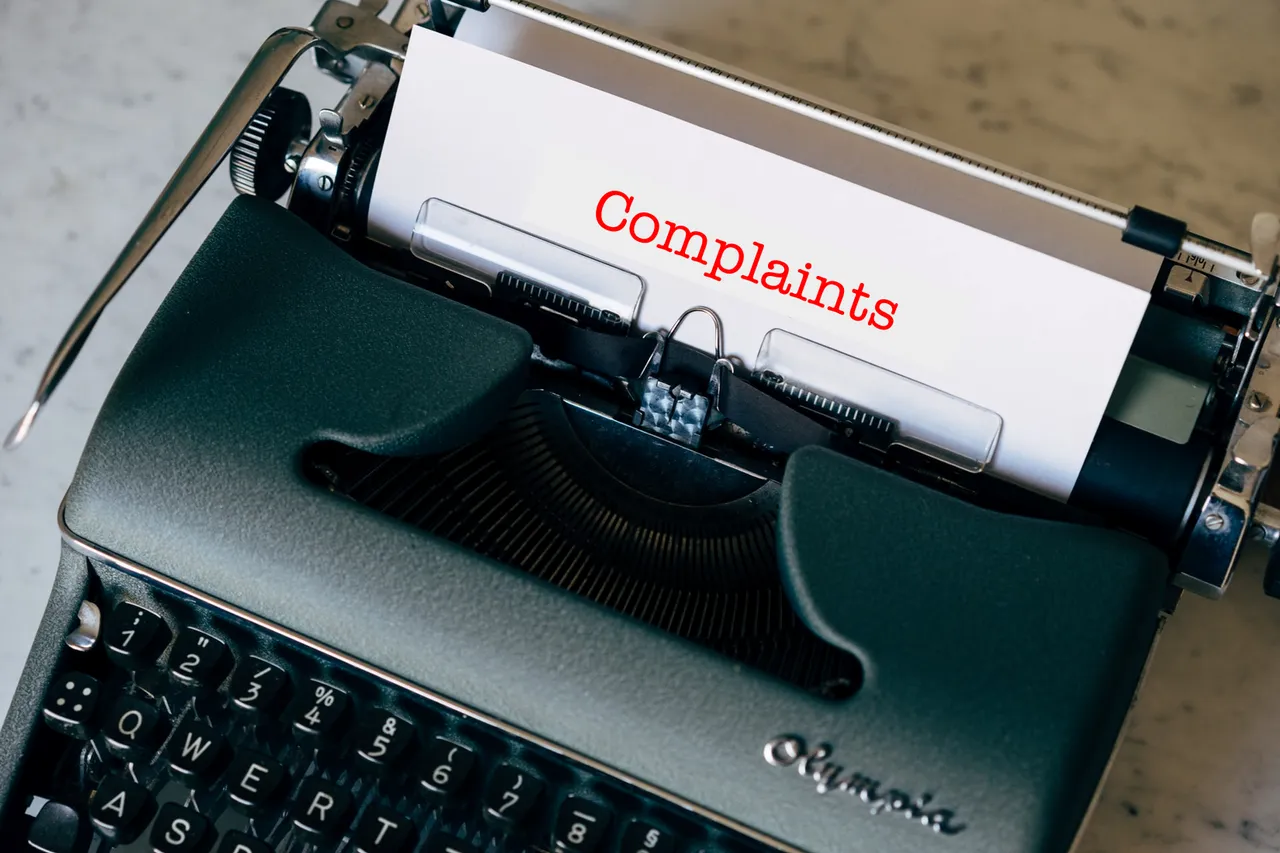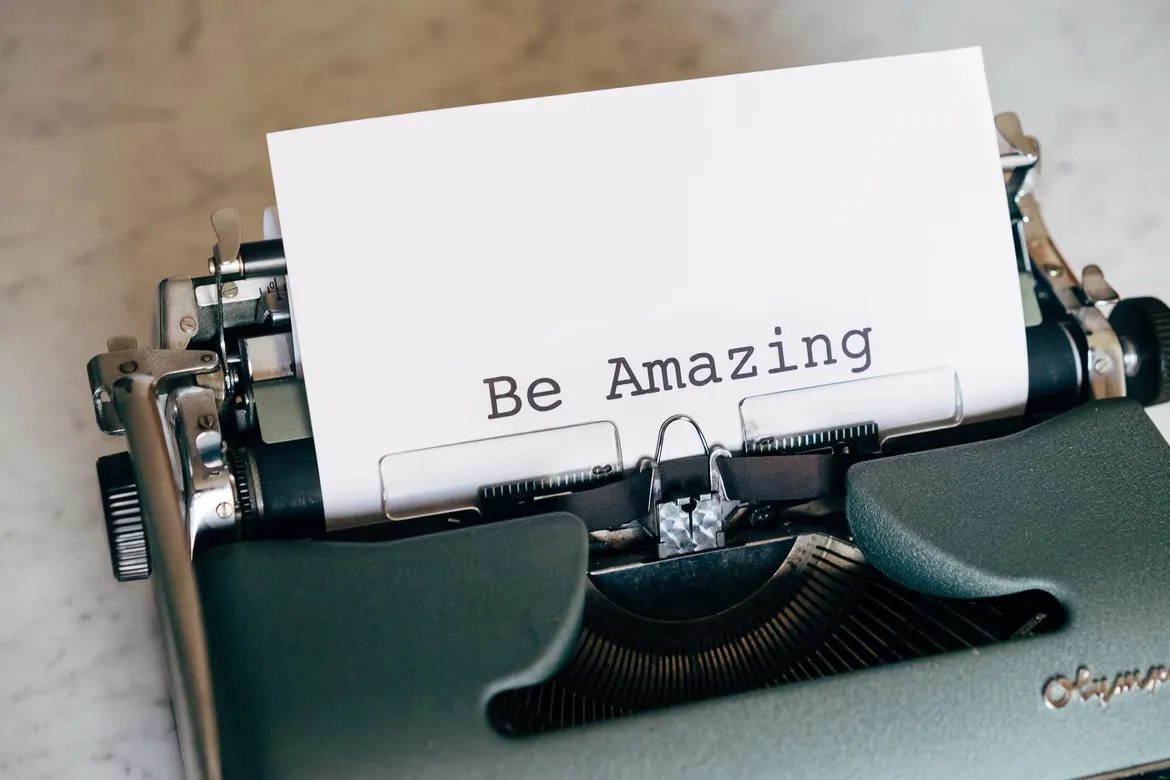🖌️ Short version
A loudmouth journalist, he reflects that it's better to shut up than to lose his life or his freedom.
🖌️️🖌️ Medium version
An effervescent and haughty journalist, after suffering some consequences for raising his voice against what he considered unjust, decides to change his method of denunciation and rebellion, highlighting the positives of his country (not his government) and making more contributions instead of complaining.

Photo by Markus Winkler on Unsplash Edited by me
🖌️🖌️🖌️🖌️ Full version
And then he saw something that unsettled him, disturbed him, made his blood boil. He could not and would not keep quiet. He had to express his opinion, maybe he couldn't change anything with it, but at least he was expressing his feelings. Deep down he hoped that his message would have an impact on others, that it would be like a spark that would ignite a change. But no, it did nothing, everything remained the same.
The repressive and censoring government of his country silenced him. It intimidated him and let him know that if he continued to incite violence with his writings, videos or reports, he could pay with prison or worse, with death for his audacity.
To remain silent in the face of injustice?
The journalist was at a crossroads: was it necessary to risk his integrity for his political or moral convictions? Part of him said yes, part of him said no. He saw that many colleagues were practising their profession. He saw that many colleagues pursued their careers by denouncing the regime, others by highlighting the positive aspects of the country governed by that regime. Because his country was not represented by a few powerful people, the true value of his country was in its people, its resources, its essence. And he wanted to highlight that, to highlight the good and not the bad. But he continued his internal struggle, his burning desire not to remain silent in the face of abuses, not to remain silent in the face of injustice.
He denounced and expressed his opinions. As a result, he won detractors and supporters, some supported him, others attacked him. In spite of this, he felt good, the important thing for him was to let off steam. But he realised that his venting was not achieving anything. As his wife once told him, "whatever you say, injustices will continue to happen, probably nothing will change".
He remembered that phrase of Edmun Burke's that goes like this:
"All that evil needs to triumph is for good men to do nothing."

Photo by Markus Winkler on Unsplash
He detailed the maxim and something got him thinking: for evil to triumph, you don't have to say, you have to do. Words have power, but deeds have more power. Perhaps he could do something with some writing, but more he could achieve by doing something good that would counteract the evil he believed existed in his nation.
On that basis, he decided to dedicate himself to talk less and do more, to do more to highlight the good that existed and encourage the positive, and to stop complaining about the bad.
This is the life story of one of many journalists in countries with authoritarian regimes.
What do you think, would you keep talking and complaining or would you build and do your part to counter the injustices you feel exist in your country?
